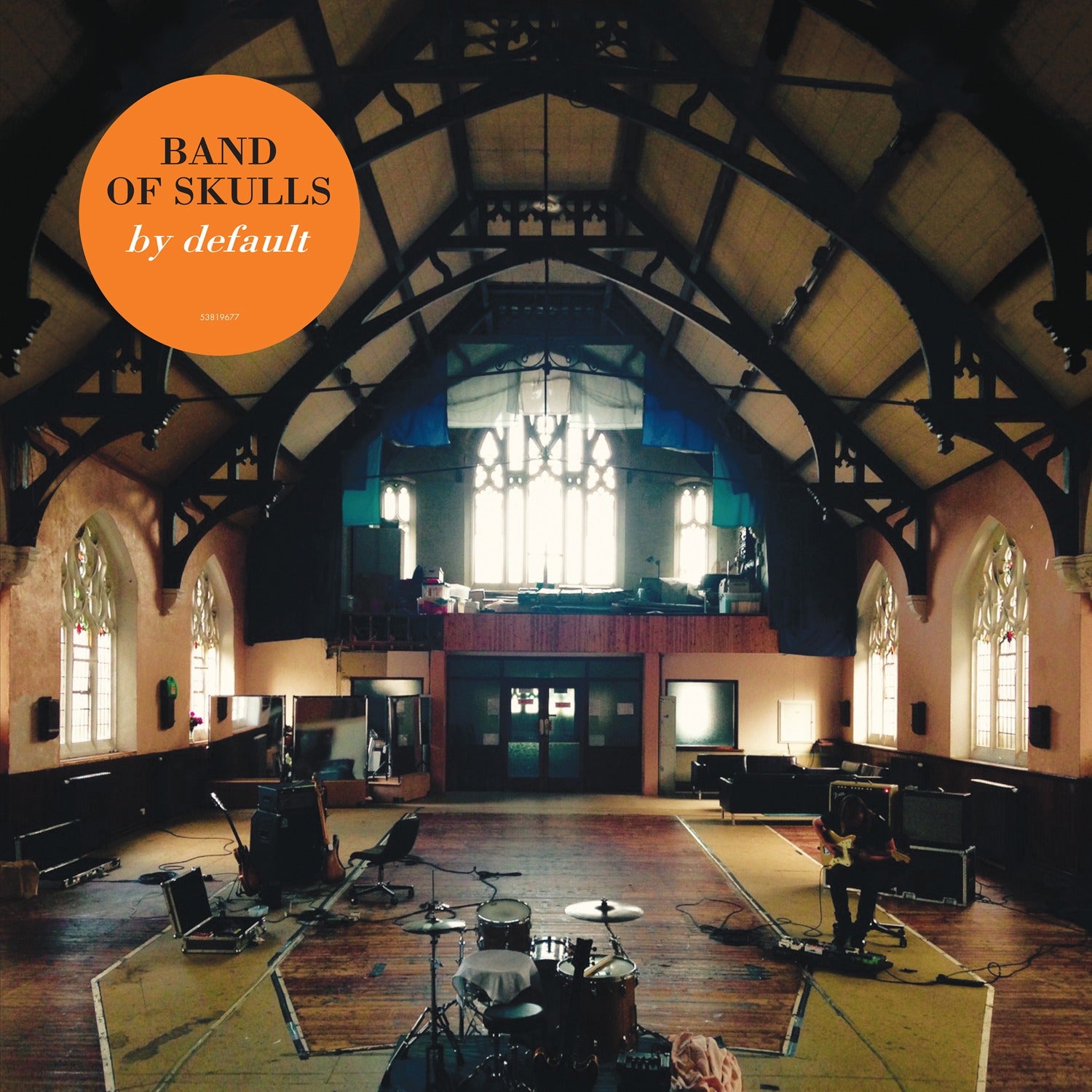Mark Kozelek – Mark Kozelek Sings Favorites – Caldo Verde – 3/5
Download this: I’m Not In Love; Mainstreet; Another Day
As might be expected, the favourites chosen by Mark Kozelek for his covers album are predominantly those reflecting cloudy, sometimes ambivalent emotional responses, whether it’s the numbed apprehension of distance between the protagonists of “Send In The Clowns”, delivered in dispassionate sprechstimme style, or the romantic denial of “I’m Not In Love”, where Kozelek’s plaintive voice, at the upper limit of his register, is offset by his banked backing vocals doing a budget version of 10cc’s gossamer chorale. It’s a beautiful treatment, aching with poignancy as he lies, “you know it doesn’t mean that much to me”. Elsewhere, his wistful baritone is well suited to the melancholy memories of Bob Seger’s “Mainstreet” and the heartbreaking regret of Roy Harper’s “Another Day”, both set, like most of the album, to Kozelek’s spartan piano accompaniment.
Tony Joe White – Rain Crow – Yep Roc – 4/5
Download this: The Bad Wind; Rain Crow; The Opening Of The Box; Conjure Child
The predatory, hypnotic swamp grooves that have been Tony Joe White’s stock-in-trade throughout his career lend a magical backwoods bayou ambience to the nine tracks of "Rain Crow", on which his peculiar songcraft and grizzled Woodbine baritone conjure up gripping regional narratives. “Conjure Child” finds a blind swamp girl threatened by lustful drunks in the bayou: escaping their bad intentions with the mystical aid of animals, it concludes with her pushing their bodies overboard as a “gator snack”. Elsewhere, “The Opening Of The Box”, is an account of a snakehandling religious ceremony set to pounding tom-toms and sinuous bass; but best of all is “The Bad Wind”, White’s fuzz guitar and shaker oozing menace as a cuckold seeks revenge, but takes the moral high ground at the last moment: “Sometimes it’s best to just let things ride,” he muses.
Band Of Skulls – By Default – BMG – 2/5
Download this: Black Magic; Back Of Beyond; This Is My Fix
Working with specialist indie/hard rock producer Gil Norton (Pixies, Foo Fighters), Band Of Skulls’ fourth album focuses more tightly than before on riffs and song structures, though their music remains firmly rooted in Seventies forebears. The powerful drums and snarling guitar hook of opener “Black Magic”, for instance, are pure Led Zep, whilst the syncopated boogie twitch of “Back Of Beyond” sounds like a burlier version of T Rex. Away from these safe anchorages, however, they drift alarmingly: despite a squealing Jack White-style lead guitar break, “Little Mamma” is leaden in both riff and lyric – though not as bad in the latter regard as “Tropical Disease”, almost entirely composed of mismatched cliches. But the main problem is that overall, the aptly-titled By Default just lacks excitement and panache.
Melanie De Biasio – Blackened Cities – Play It Again Sam – 5/5
Download this: Blackened Cities
For her third release, Belgian jazz singer/flautist Melanie De Biasio and her band offer a single 24-minute piece created spontaneously in the studio, a magical affirmation of the power of real musicians interacting in real-time together. “Blackened Cities” looms from a mist of reverbed piano and lowing bowed bass, then over a cloud of sound that could be synthesiser, cymbal susurrus or distant trains, De Biasio coolly oozes her paean to the new post-industrial landscape of cities emerging from urban wastelands into bold info-tech futures. The repeated phrase “golden keys” is drawn-out over a skittering jazz tattoo, with piano, bass, synth and flute blending organically in a manner that recalls The Necks, flowing through successive metamorphoses in a remarkable improvisation that truly captures the proverbial lightning in a bottle. Brave and extraordinary.
Malcolm Middleton – Summer Of ’13 – Nude – 3/5
Download this: Steps; You & I; Brackets
Away from the dark humour of 2014’s Music And Words collaboration with David Shrigley, Malcolm Middleton’s natural melancholy comes to the fore on Summer Of ’13. Perversely set to chortling, bustling electropop synth figures, these songs present existence as “bounded by brackets of life and death, alone from first to last”, delivered in Middleton’s glum brogue, with only the most wafer-thin hints of humour tempering the onslaught of self-recrimination and hypochondria in a track like “Steps”. “Self-loathing, guilt, hatred, pity and sin and regrets, I have them all,” he admits – though one feels oddly honoured to be party to his emotions. Elsewhere, “Like John Lennon Said” is a rumination on art, ambition, death and religion, illustrated by quotes from Lennon, while “You & I” presents a touching portrait of a depressed, lovelorn recluse reduced to over-feeding the local ducks for company.
Steven Osborne – Feldman Crumb – Hyperion – 4/5
Download this: Intermission 5; Processional; A Little Suite For Christmas, AD 1979; Palais De Mari
Steven Osborne brings meticulous analytical clarity to these interpretations of piano pieces by American 20th century masters, equally adept at the unadorned simplicity of Morton Feldman’s “Piano Piece 1952” and the Cage-like strategies of George Crumb’s “A Little Suite For Christmas, AD 1979”, an aural tableau of the nativity incorporating inside-piano techniques such as harmonic damping, sliding and string-strumming “like a minstrel’s harp”. Feldman’s early “Intermission 5” features abstract-expressionist dabs and splashes of sound, just a few carefully-chosen chords given space to stain the silence with smaller, softer details operating at the limits of audibility. Though deeply informed by repetition, his last piano work “Palais De Mari” seems a longer, less intense exploration of the same interests, while Crumb’s “Processional” explores “harmonic chemistry” through subtle motifs rising like dawn over softly pulsing monochords. An unobtrusively absorbing set.
Subscribe to Independent Premium to bookmark this article
Want to bookmark your favourite articles and stories to read or reference later? Start your Independent Premium subscription today.


Join our commenting forum
Join thought-provoking conversations, follow other Independent readers and see their replies